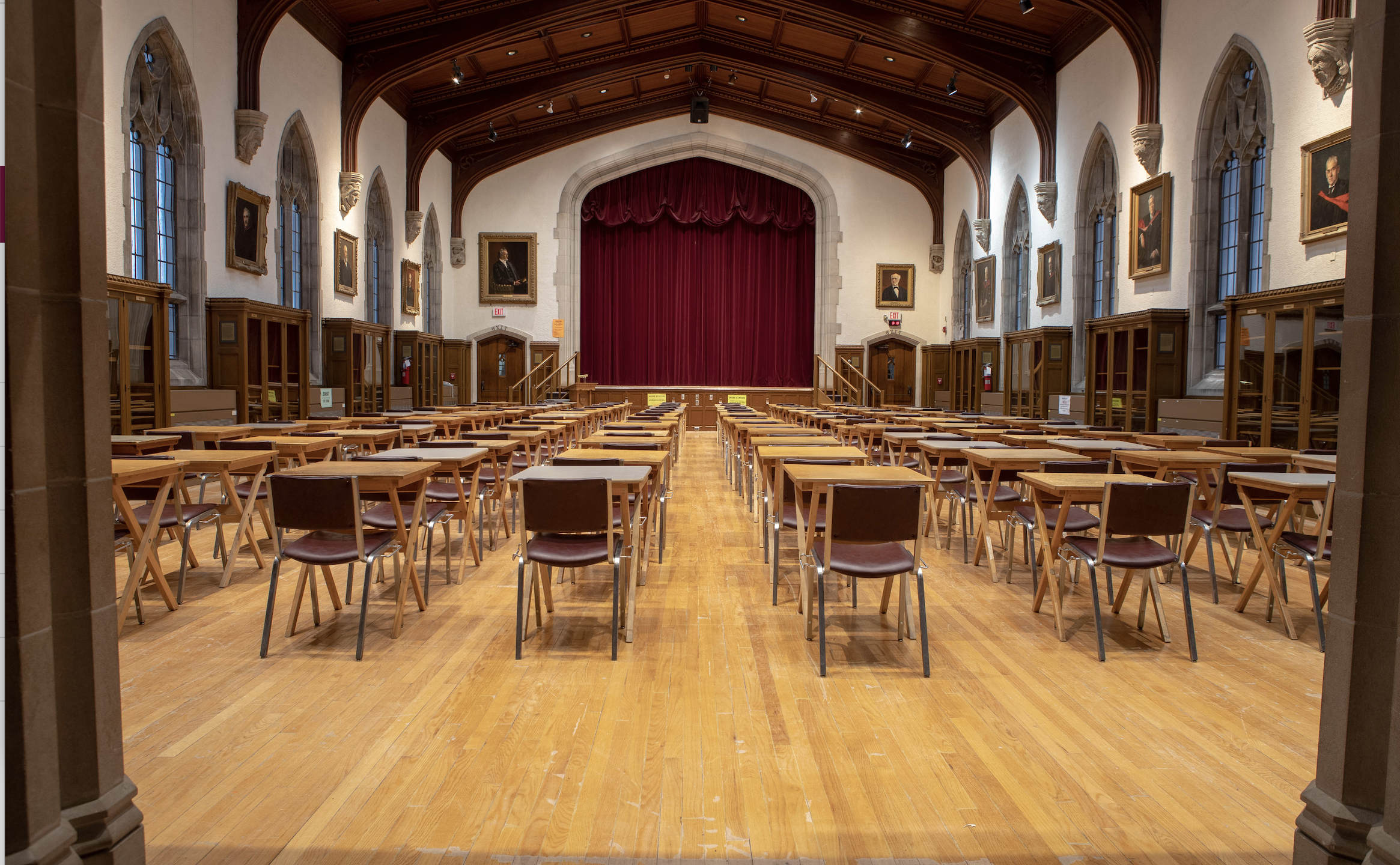Spotlight on SOTL: Back on the Menu: Re-examining Multiple-Choice Assessments in Large Humanities Classes

This article is based on the following research article:
Humanities instructors are increasingly faced with higher enrolment classes. Given that is it not always feasible to engage each student independently, new strategies need to be introduced. This paper explores how a team of educators—Kiruthika Ragupathi, Zi Hui Yeo and Hui Chieh Loy—from the National University of Singapore implemented scenario-based multiple-choice questions along with informal peer discussions to help create efficient pedagogical and assessment strategies.
What did the researchers do and find?
In this case study, the researchers describe how two distinct but interrelated pedagogical strategies in course design intertwine and reinforce each other. The two questions that guided the study were (i) to what extent does this course design (scenario-based multiple-choice questions [MCQs] followed by informal peer discussion) promote students’ critical thinking and understanding, and (ii) how do students describe the quality of their learning experience in relation to the course design?
The researchers designed MCQs that adopted a problem-based learning approach to test students’ grasp of concepts, application of knowledge, integration of knowledge, evidence-based decision making, and interpretation of evidence. The MCQs were then presented to small groups of students in tutorials. Informal peer discussions took place during tutorials as well as outside of class hours. These discussions allowed students to work together throughout the semester to clarify doubts and misconceptions. Furthermore, the researchers learned that the discussions motivated student learning.
Overall, the researchers show that their course design greatly promoted aspects of critical thinking (explaining, interpreting, and perspective-taking). Additionally, the student feedback suggested that the informal peer discussions made the overall learning experience more enjoyable by capturing their interest and engaging them critically. Two perceived challenges noted by the researchers was that the MCQs sometimes led to further confusion, and that the necessity to participate in the informal peer discussions sometimes seemed unfair.
How might you use this research in your teaching?
If you are designing a larger Humanities course (or a Humanities course in general), this paper outlines how the introduction of well-designed and managed scenario based MCQs can allow for a balance to be struck between creating a space for learners to mature as self-regulated problem solvers and a space that ensures equitable opportunities.
Rather than focus on immediate recall using abstract questions, you can design the scenario around the objective of the question. If the question you are asking assesses student recall, but the objective requires application, then the question should be rewritten to assess this higher order. For example, rather than asking your students to identify what a certain philosopher said about Free Will, you could create a scenario where one student accidentally breaks the other’s phone and the ensuing debate around moral responsibility following the accident.
The possibilities here become endless – you can create scenario based MCQs centered around historical debates, paradigms shifts, or practical application of a theoretical or conceptual idea. By incorporating the peer learning model attached to the MCQs, you also create engagement at an autonomous level that is learner driven but instructor curated. Additionally, the researchers suggested that participating in informal peer discussions while working through the scenario-based MCQs reinforced a positive social experience that served as a means to motivate and engage learners in the course materials.
Stay tuned for the next Spotlight on SoTL coming to the MacPherson Memo on September 28, 2022.
Spotlight on SOTL, Updates
